Web scraping has become an essential tool for startups that need to gather market data, analyze competitors, or automate processes. However, not all companies have the knowledge or resources to build their own data extraction infrastructure, so they turn to specialized providers.
Choosing the right provider is a key decision that will impact data quality, business scalability, and legal compliance.
Why Outsource Scraping?
First, it’s important to understand why many companies choose to outsource scraping instead of developing an in-house solution.
Advantages of Hiring a Scraping Provider
- Time and cost savings: Implementing and maintaining an in-house scraping infrastructure requires specialized engineers and robust servers.
- Access to advanced technology: Specialized providers use optimized algorithms and can bypass barriers like CAPTCHAs and IP blocks.
- Legal compliance: A good provider ensures data extraction is done in line with regulations such as GDPR and website usage policies.
- Scalability: Enables increased data collection capacity as the company grows.
However, not all providers are the same. Properly evaluating their capabilities is essential to avoid future issues.

Key characteristics of a good Scraping provider
When comparing different providers, it’s crucial to assess certain factors to ensure they meet your company’s needs.
Data quality and structure
A reliable provider should deliver clean, structured data. Some aspects to evaluate:
- Available formats: JSON, CSV, XML, API.
- Deduplication and error removal.
- Accuracy in extracting relevant fields.
Legal and ethical compliance
Web scraping can raise legal issues if not done correctly. A serious provider should:
- Comply with the General Data Protection Regulation (GDPR) and other regulations.
- Use ethical methods to avoid legal penalties.
- Have security measures to protect collected data.
Technical infrastructure and scalability
If your company plans to scale rapidly, you need a provider capable of handling large data volumes seamlessly. Consider:
- Ability to scale services based on demand.
- Use of rotating proxies to avoid blocks.
- API integration to automate workflows.
Support and customer service
Good technical support can make a big difference when solving issues. Evaluate:
- 24/7 availability.
- Support channels (chat, email, phone).
- Response time to incidents.
Pricing and billing model
The service cost should align with your budget. Common models include:
- Pay-per-data-volume.
- Monthly subscriptions.
- Custom pricing based on specific needs.
Comparison of providers
Below is a comparison of three types of scraping providers to help you make an informed decision:
- Freelancers: Ideal for small projects or limited budgets.
- Specialized agencies: Recommended for businesses or startups with complex needs and strict legal compliance.
- SaaS platforms: Perfect for startups needing automated scraping without technical concerns.

Steps to hiring the ideal provider
If you’ve identified a provider that fits your needs, follow these steps before hiring:
- Request a free trial or demo to evaluate data quality.
- Review testimonials and case studies to understand client experiences.
- Analyze the contract and service policies to ensure legal compliance.
- Run a test with a small data set before committing to a full plan.
- Assess cost-benefit based on your short- and long-term goals.
Choosing the right scraping provider is a strategic decision for any startup looking to harness the power of data. Analyzing factors like data quality, infrastructure, legal compliance, and technical support will help you make the best choice.


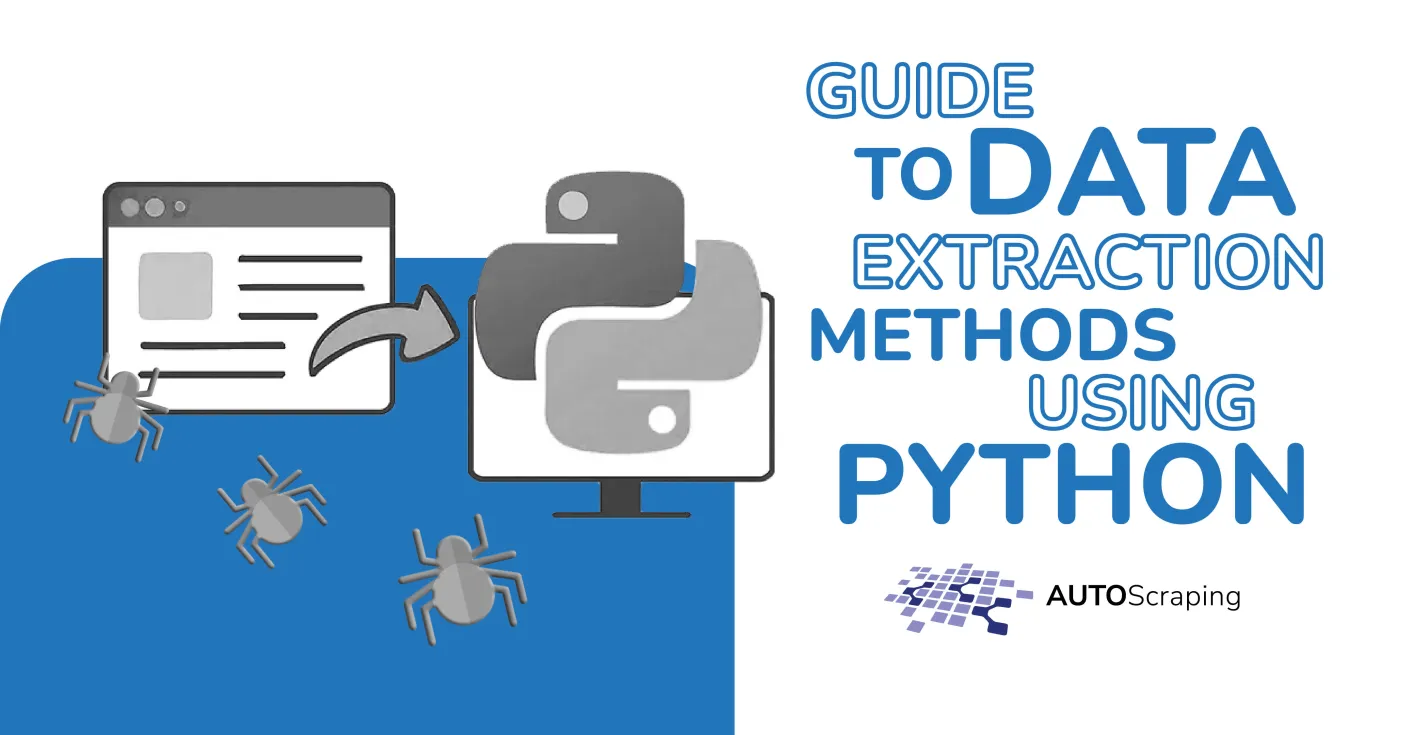
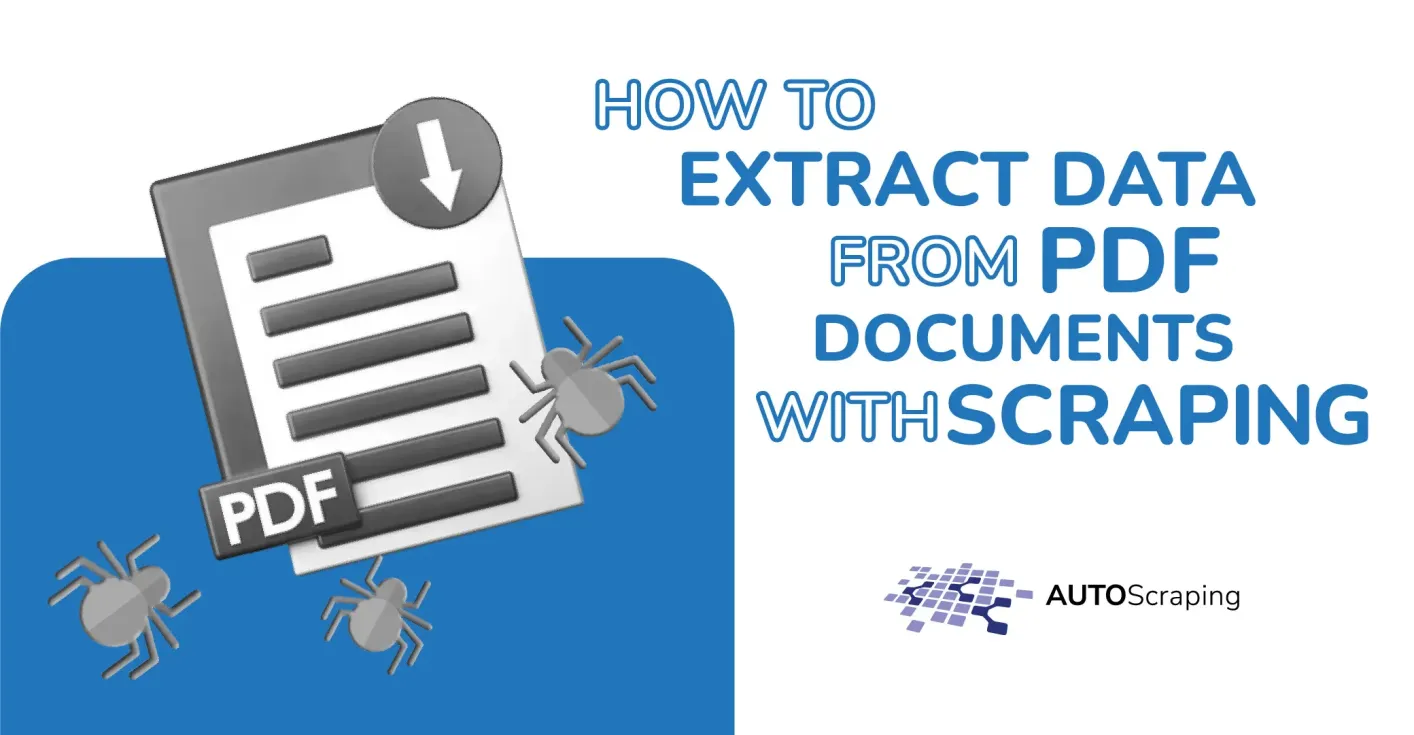
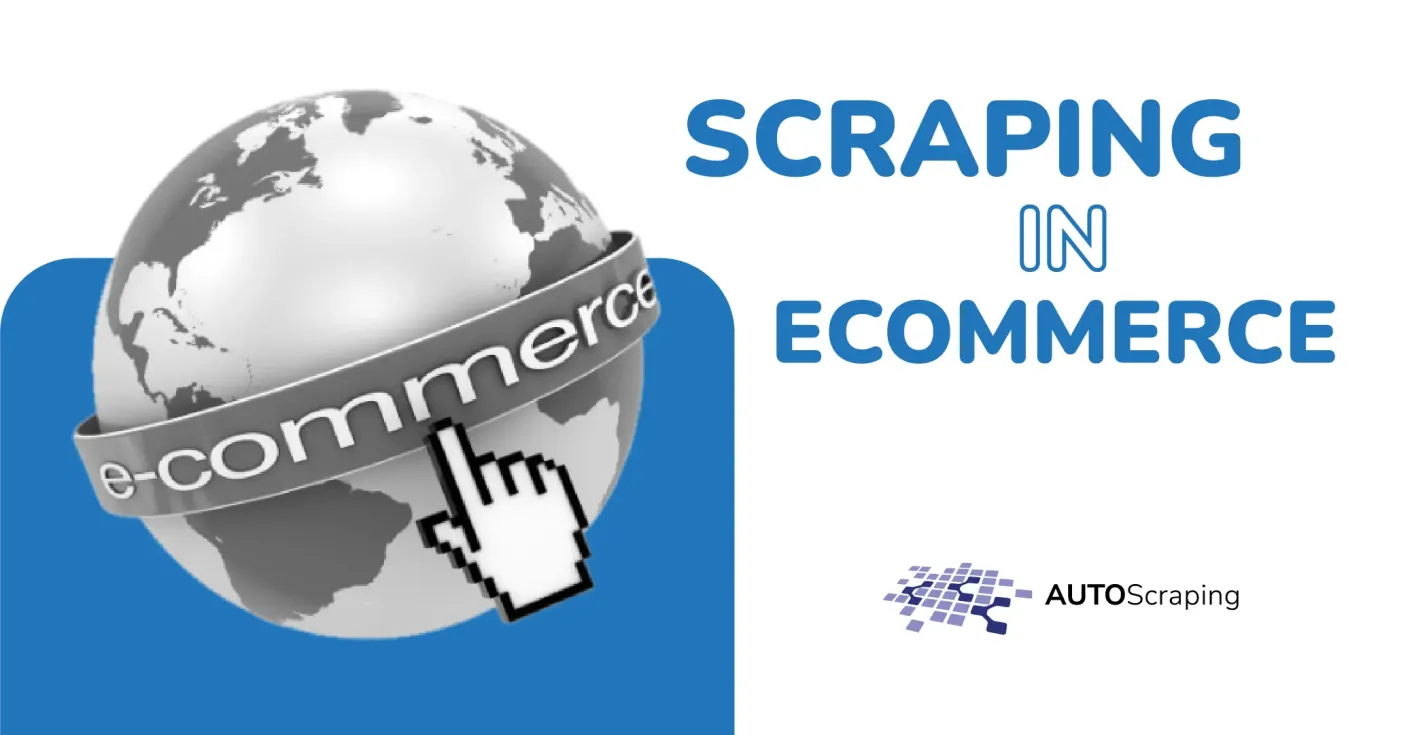
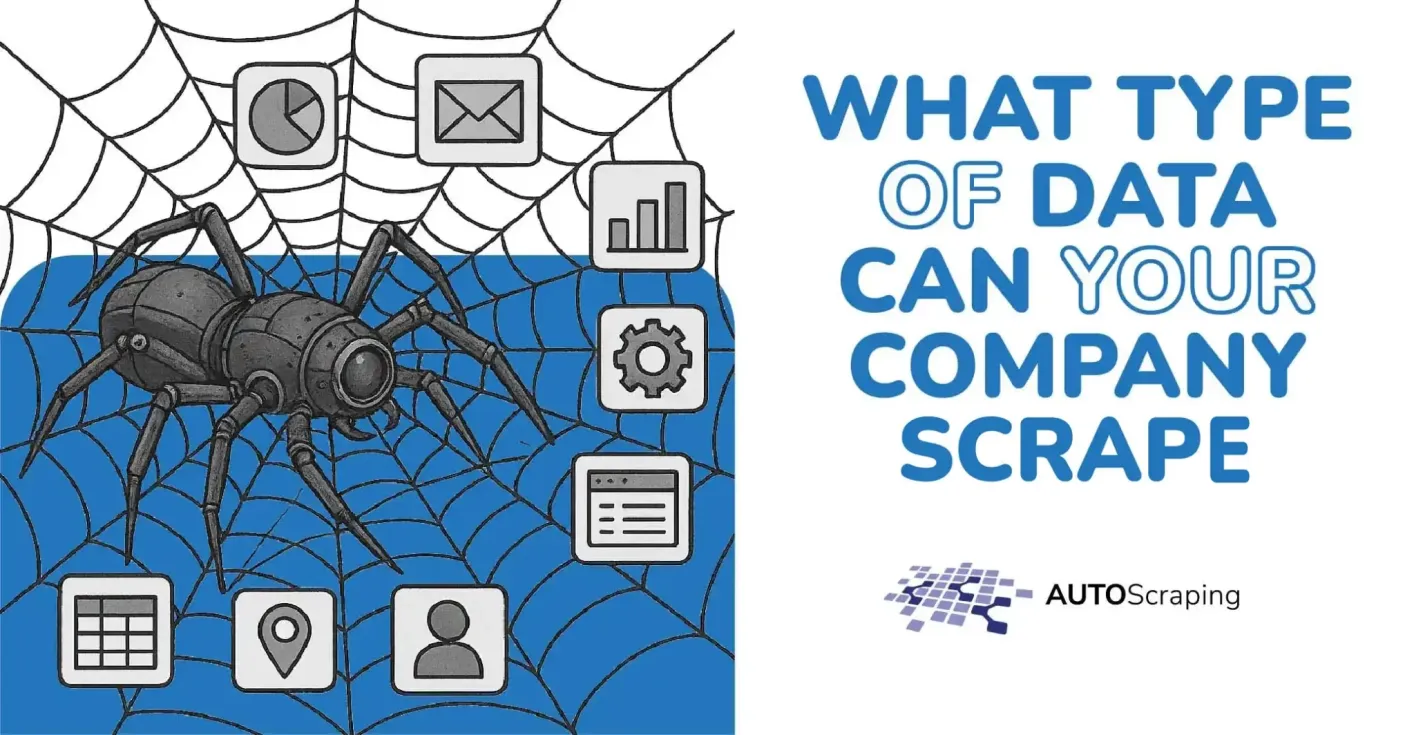
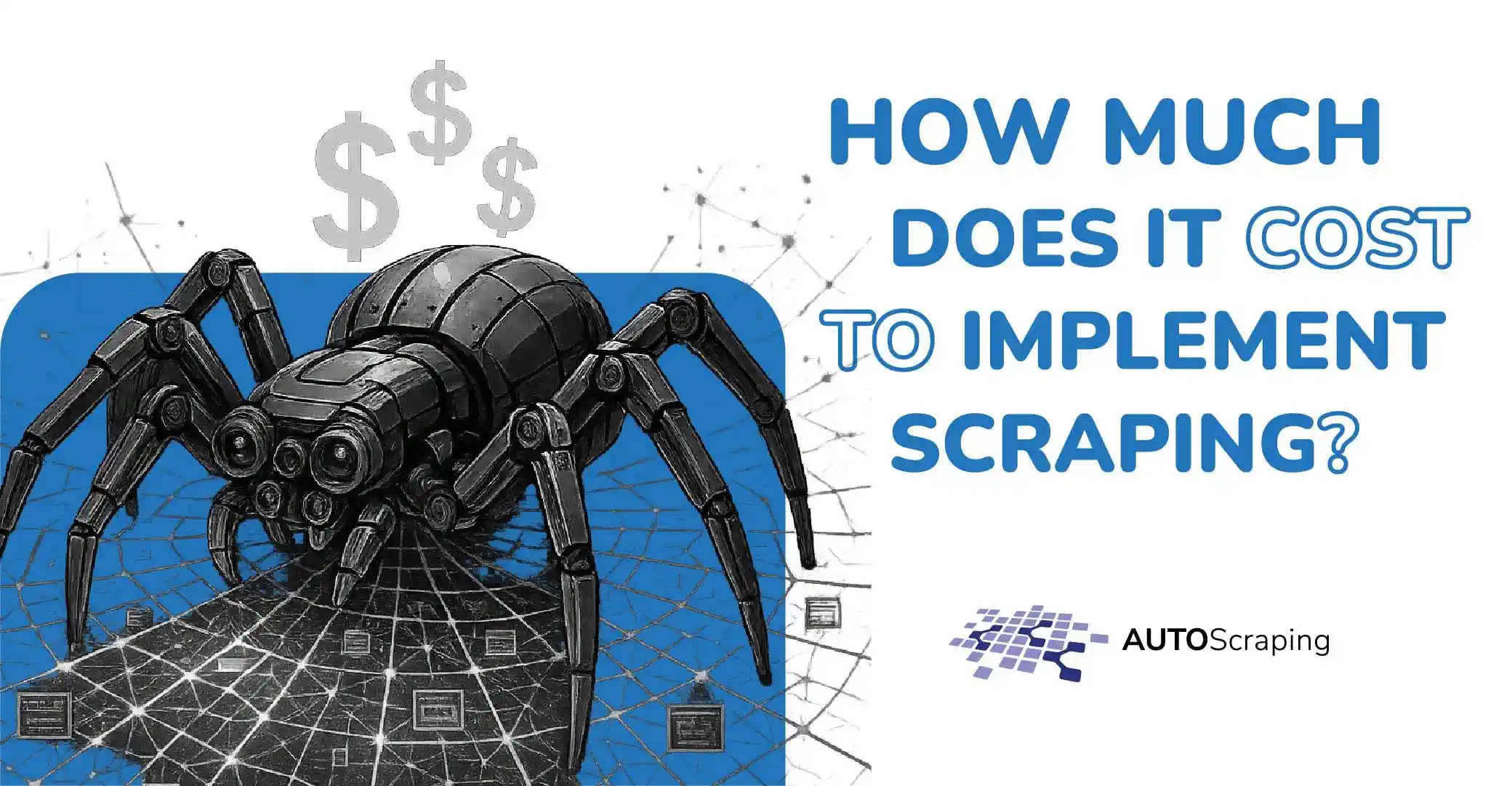
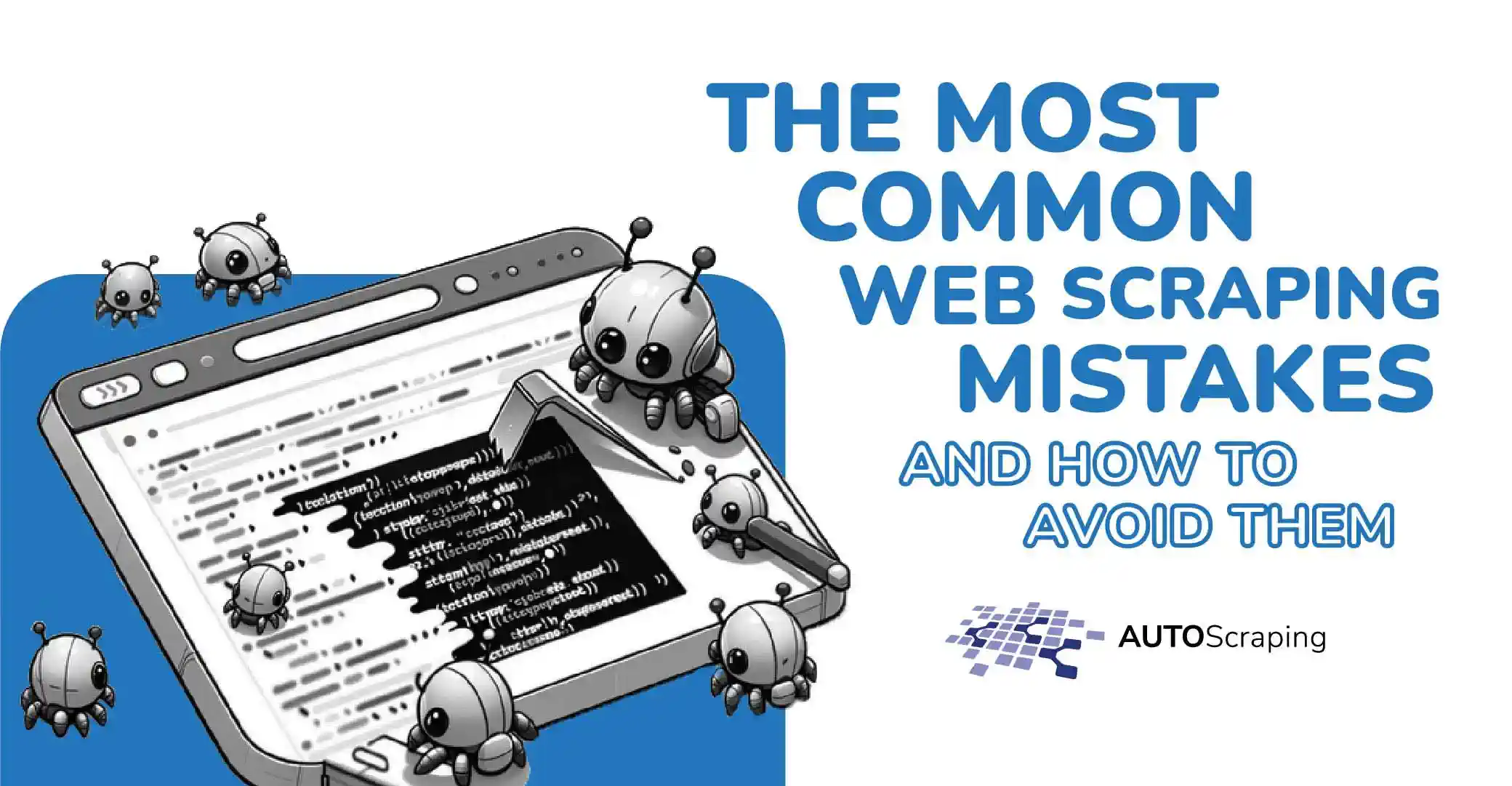
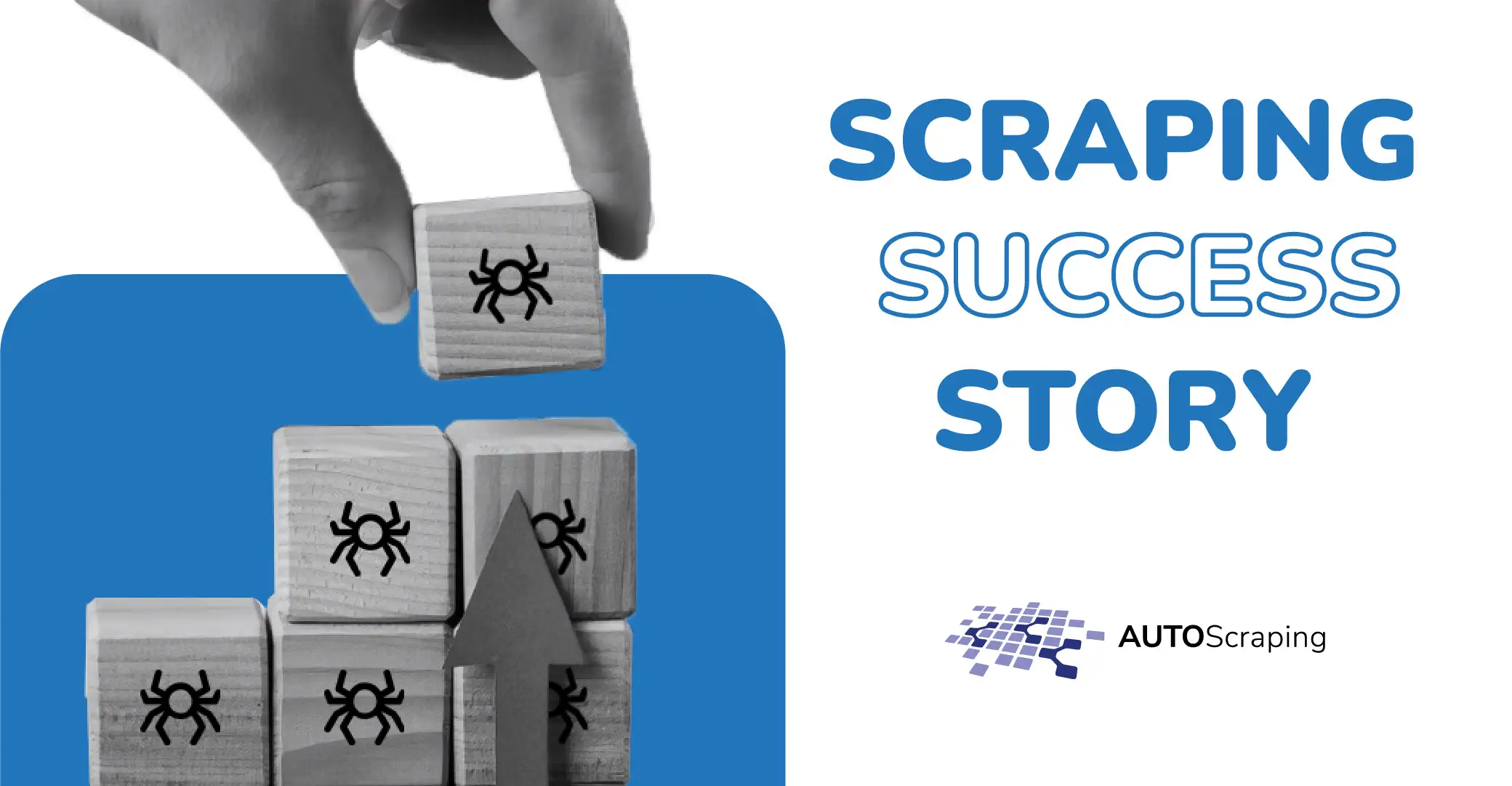
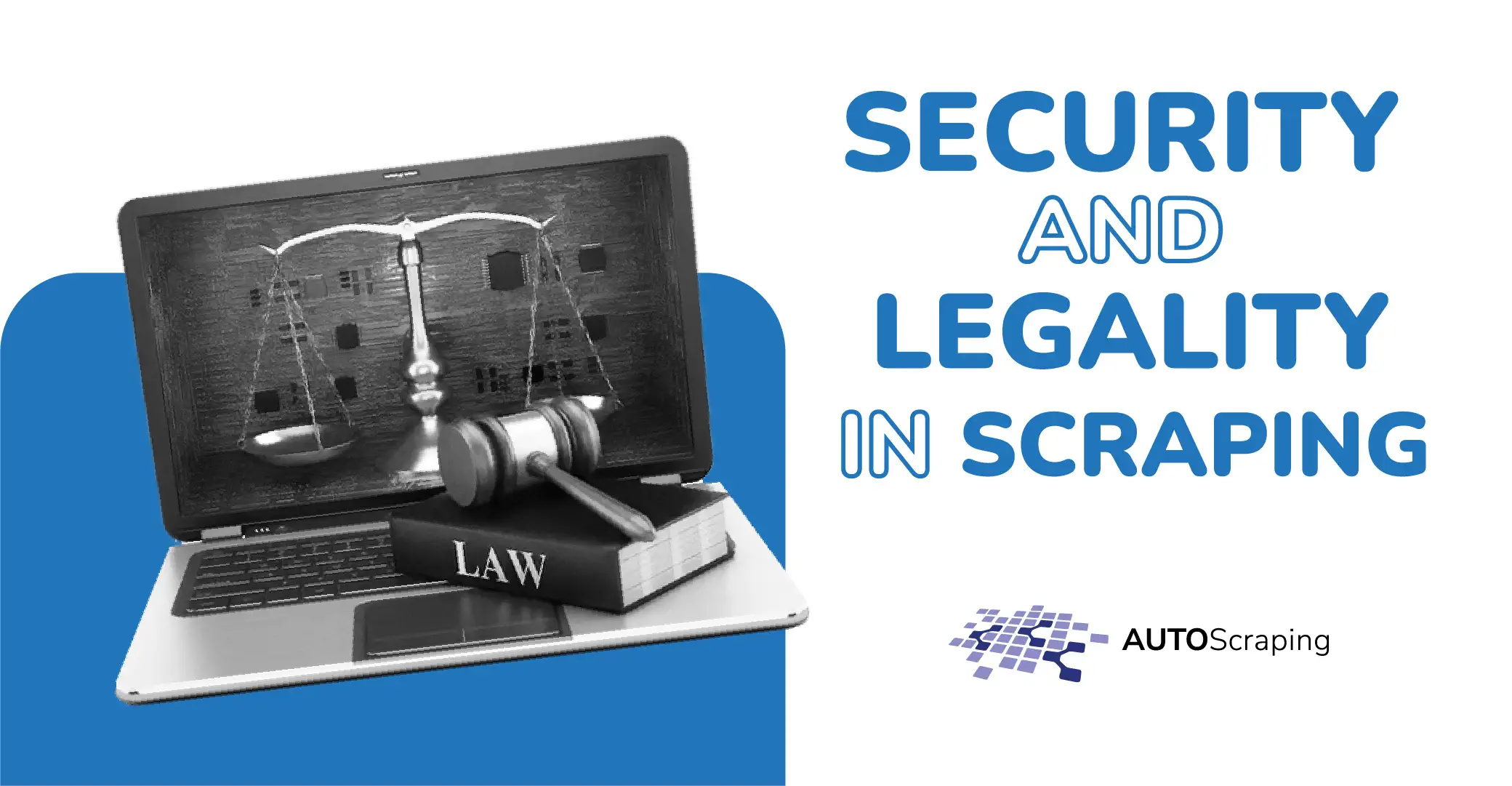
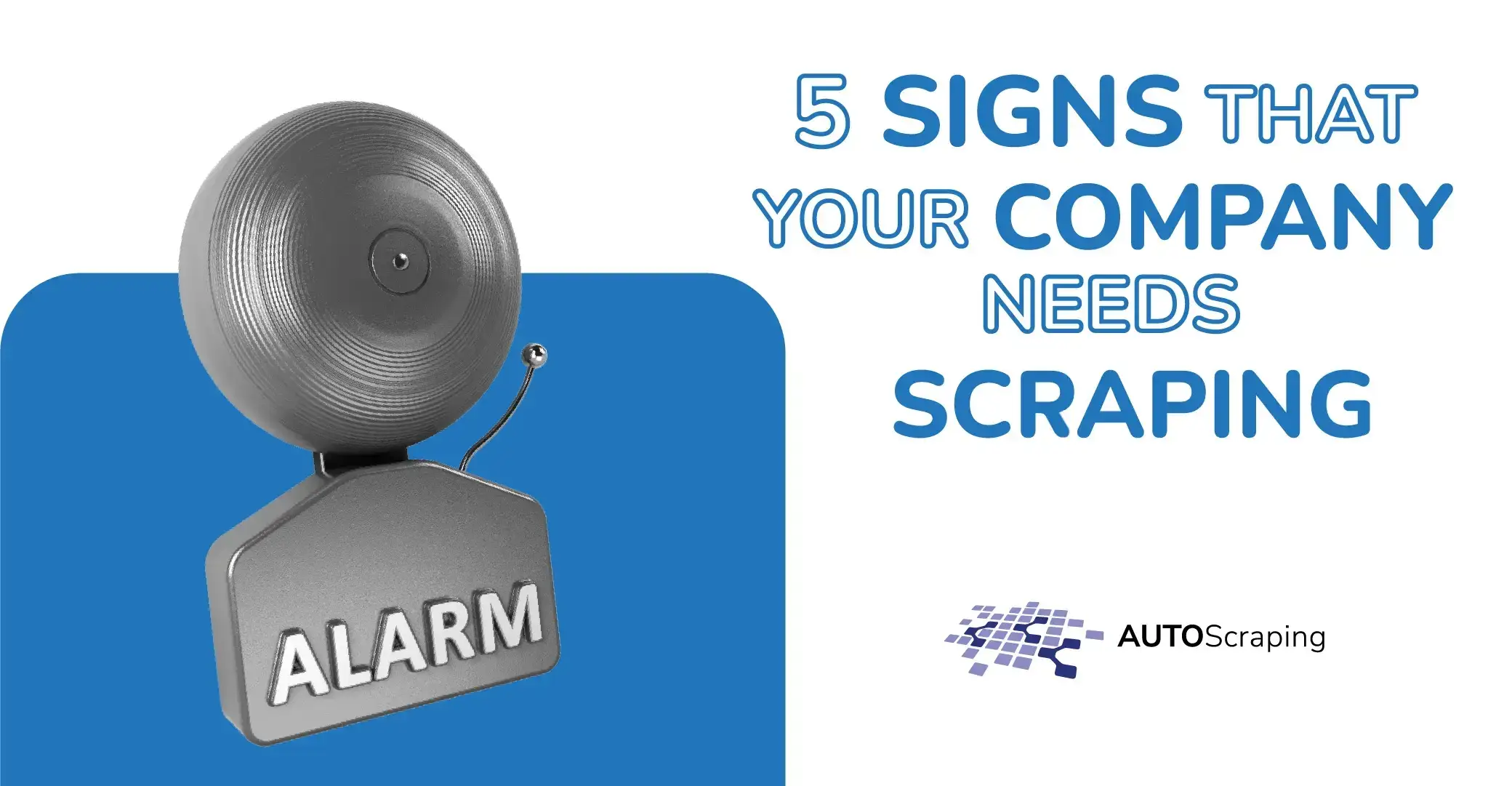

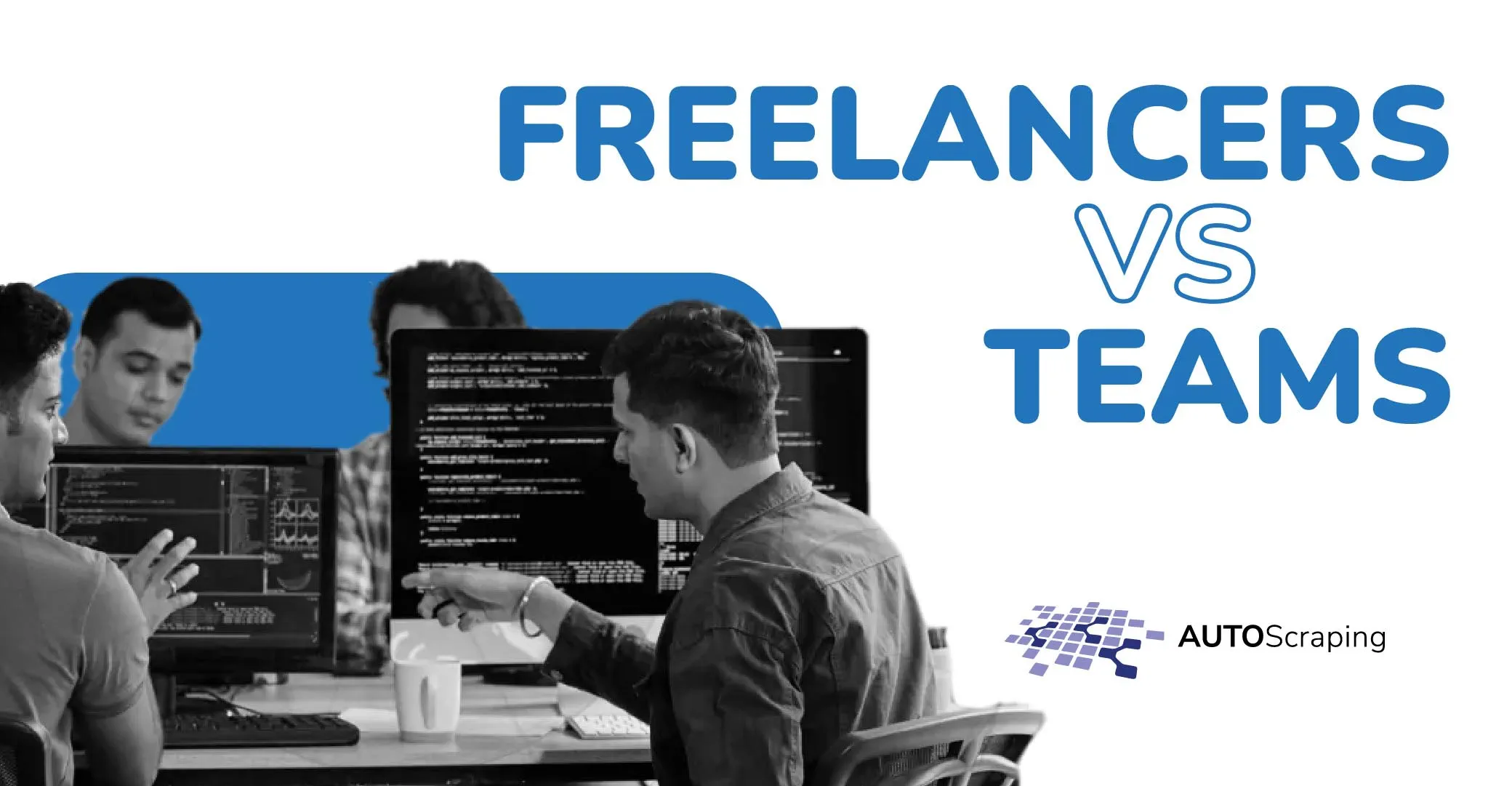
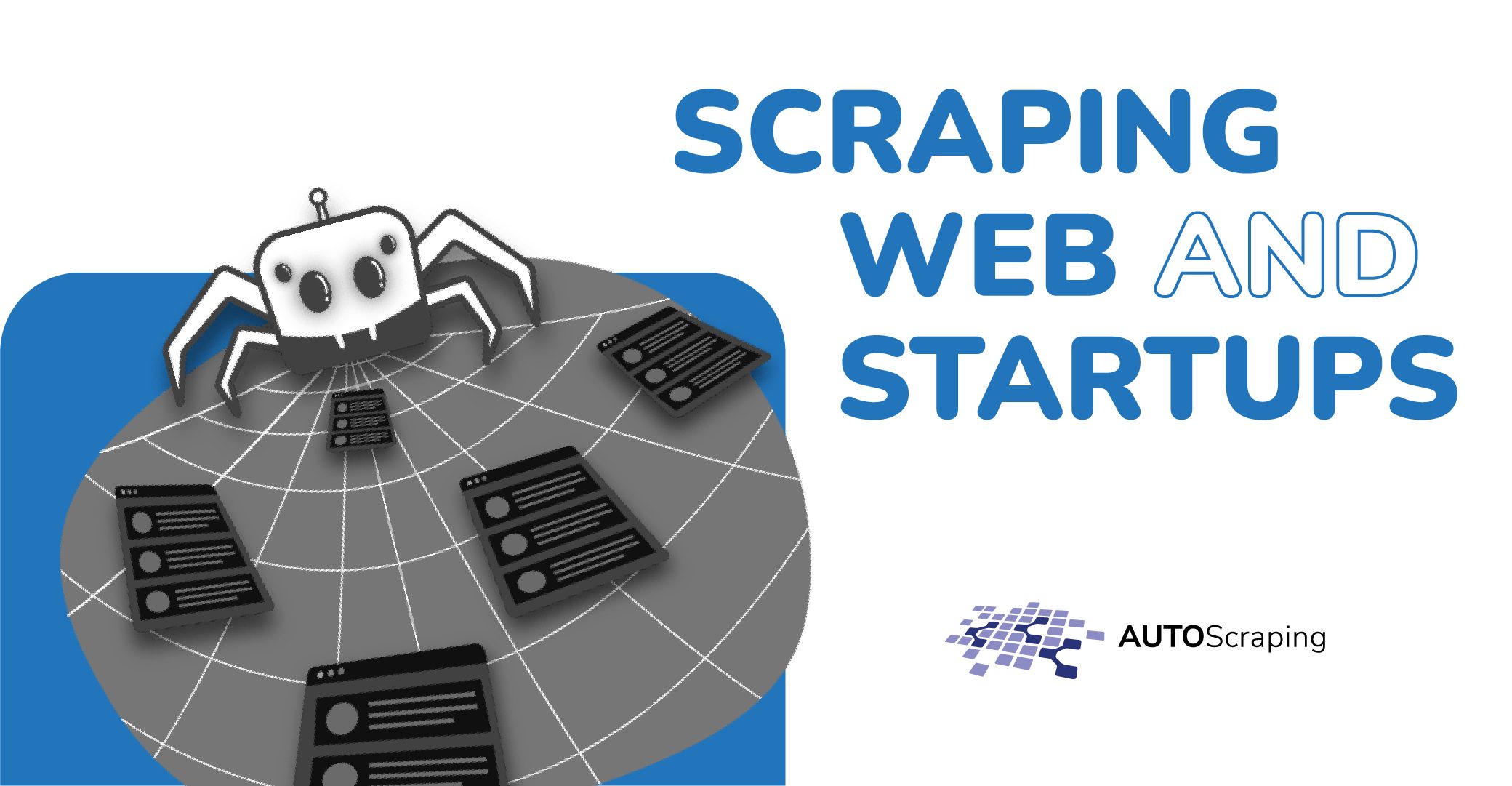
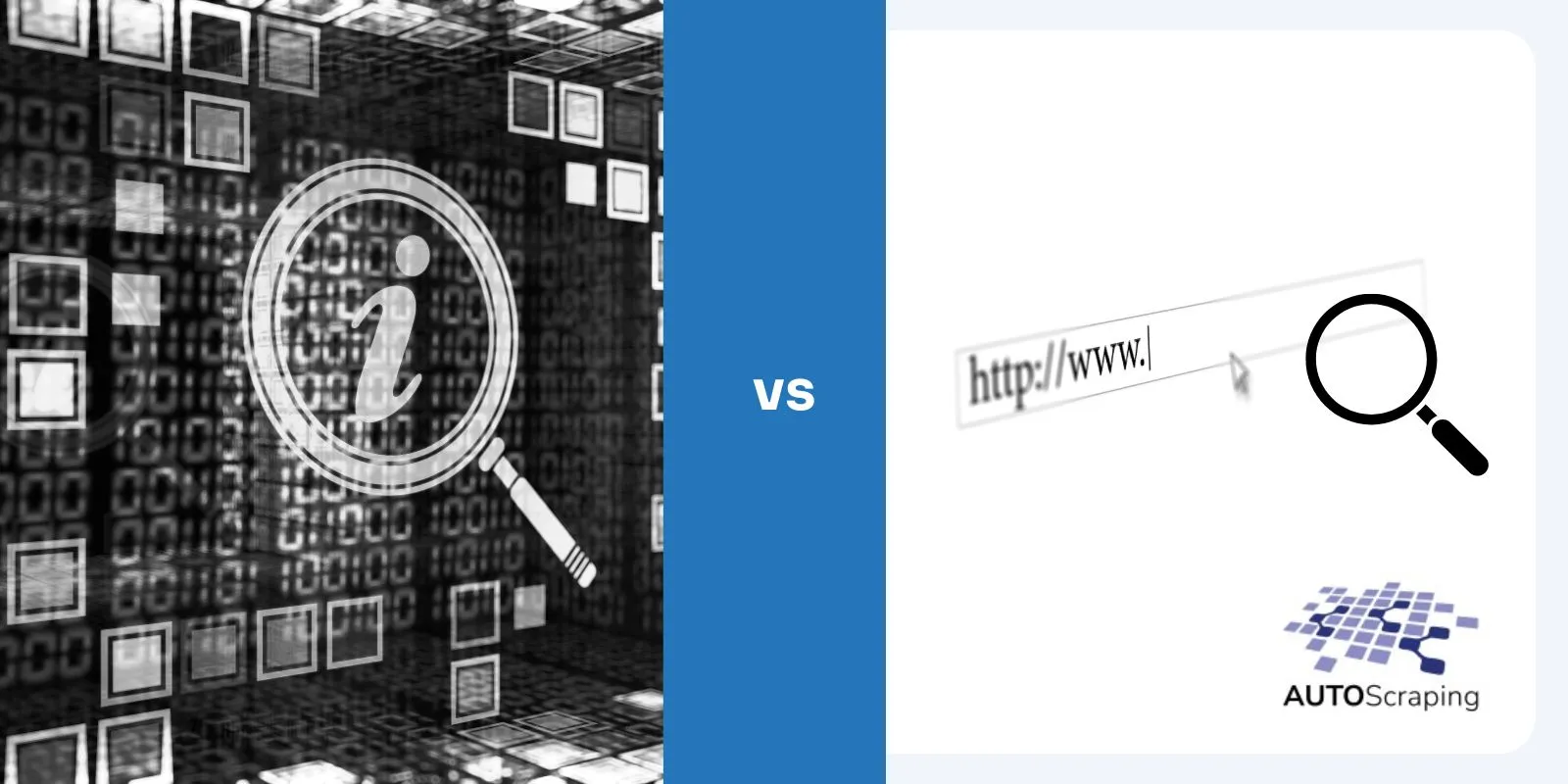
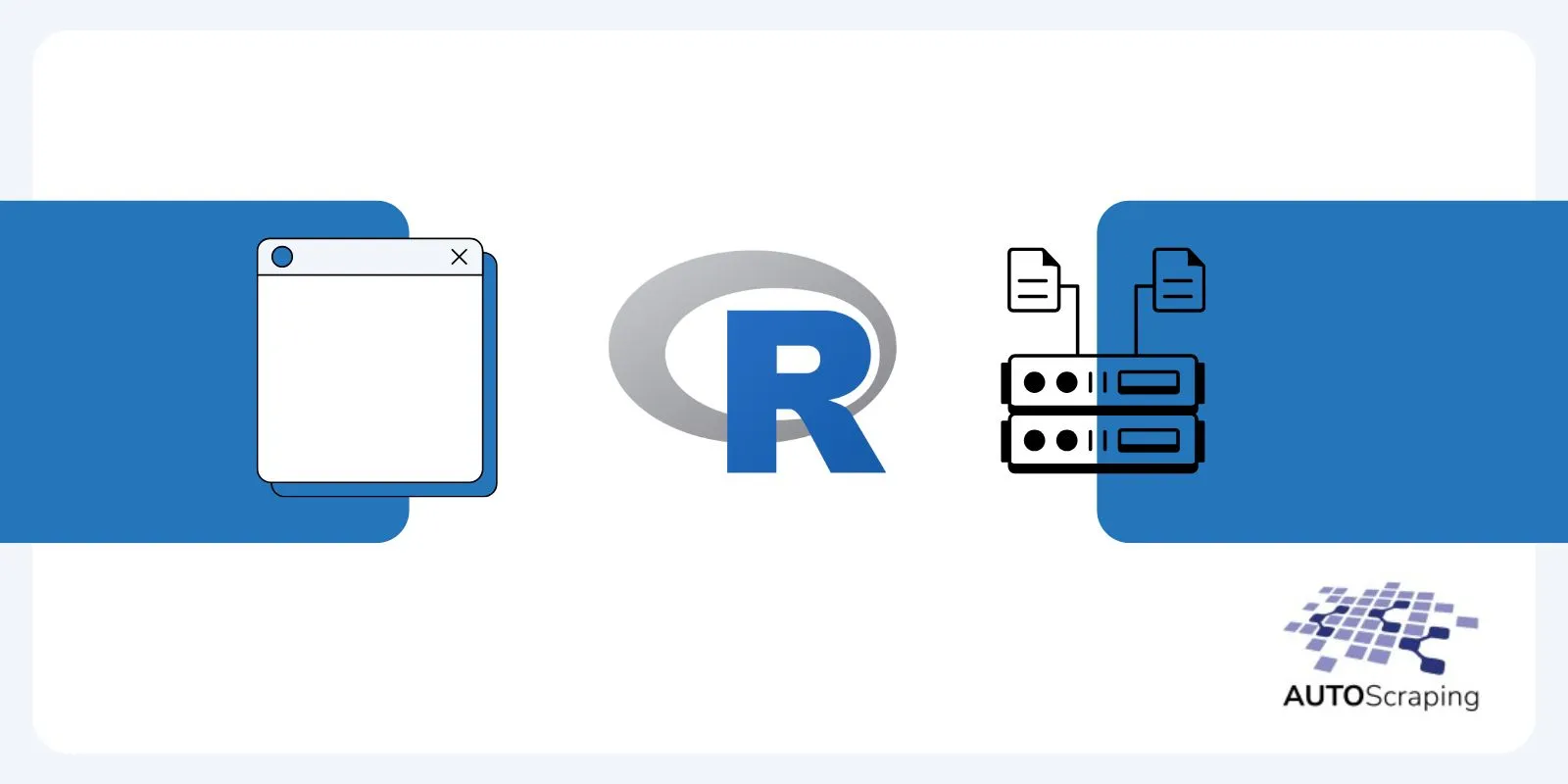
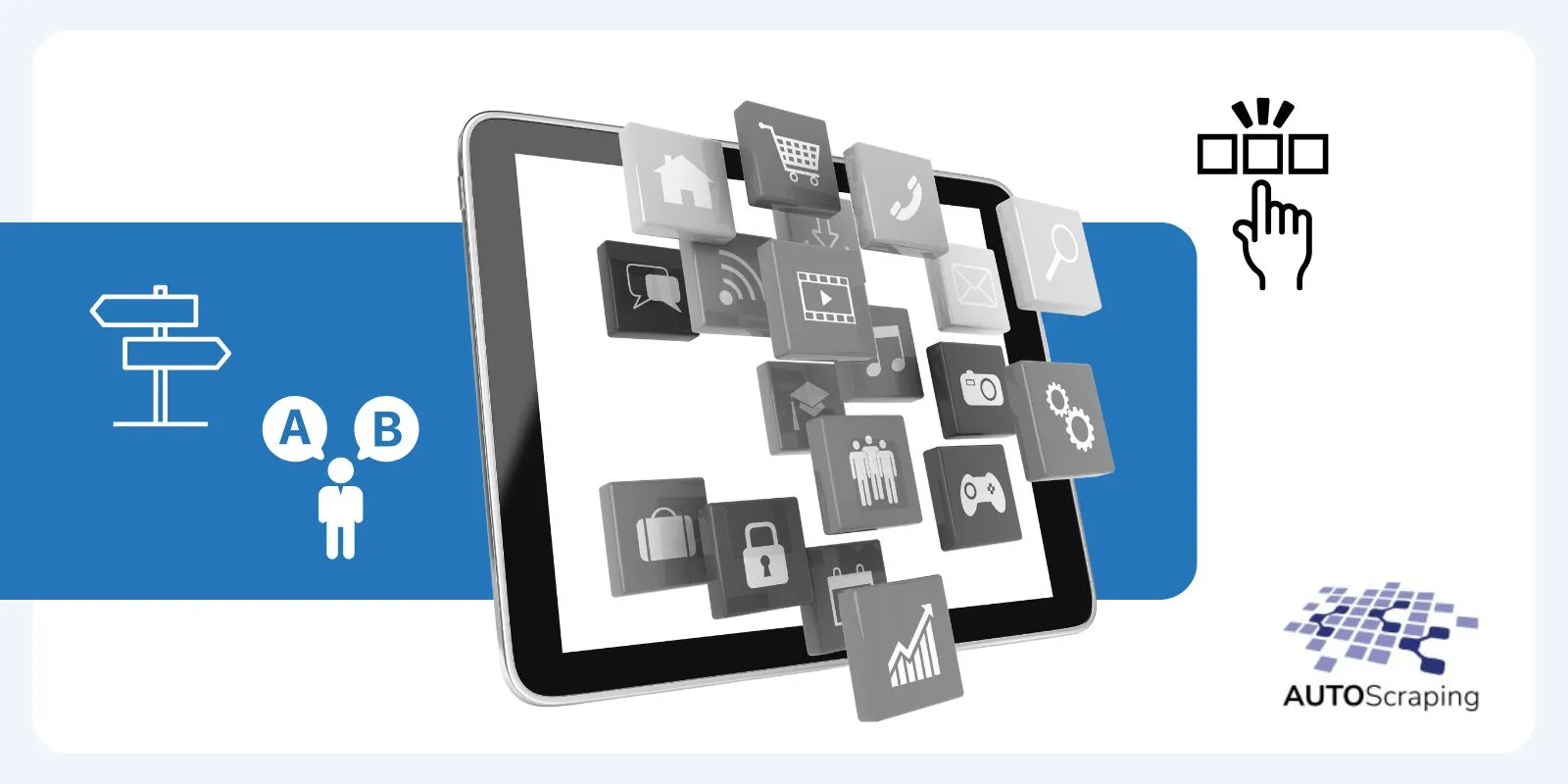
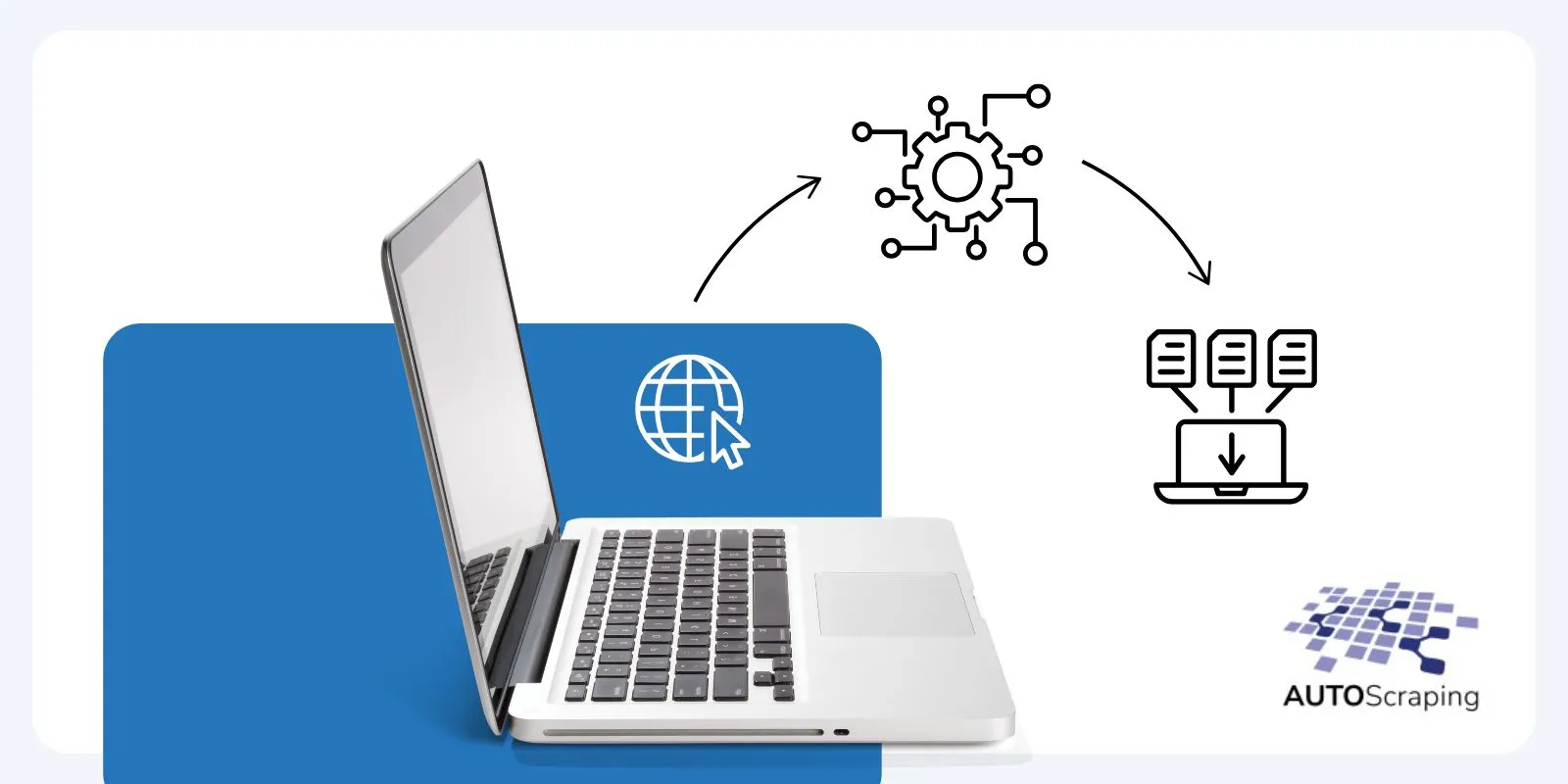

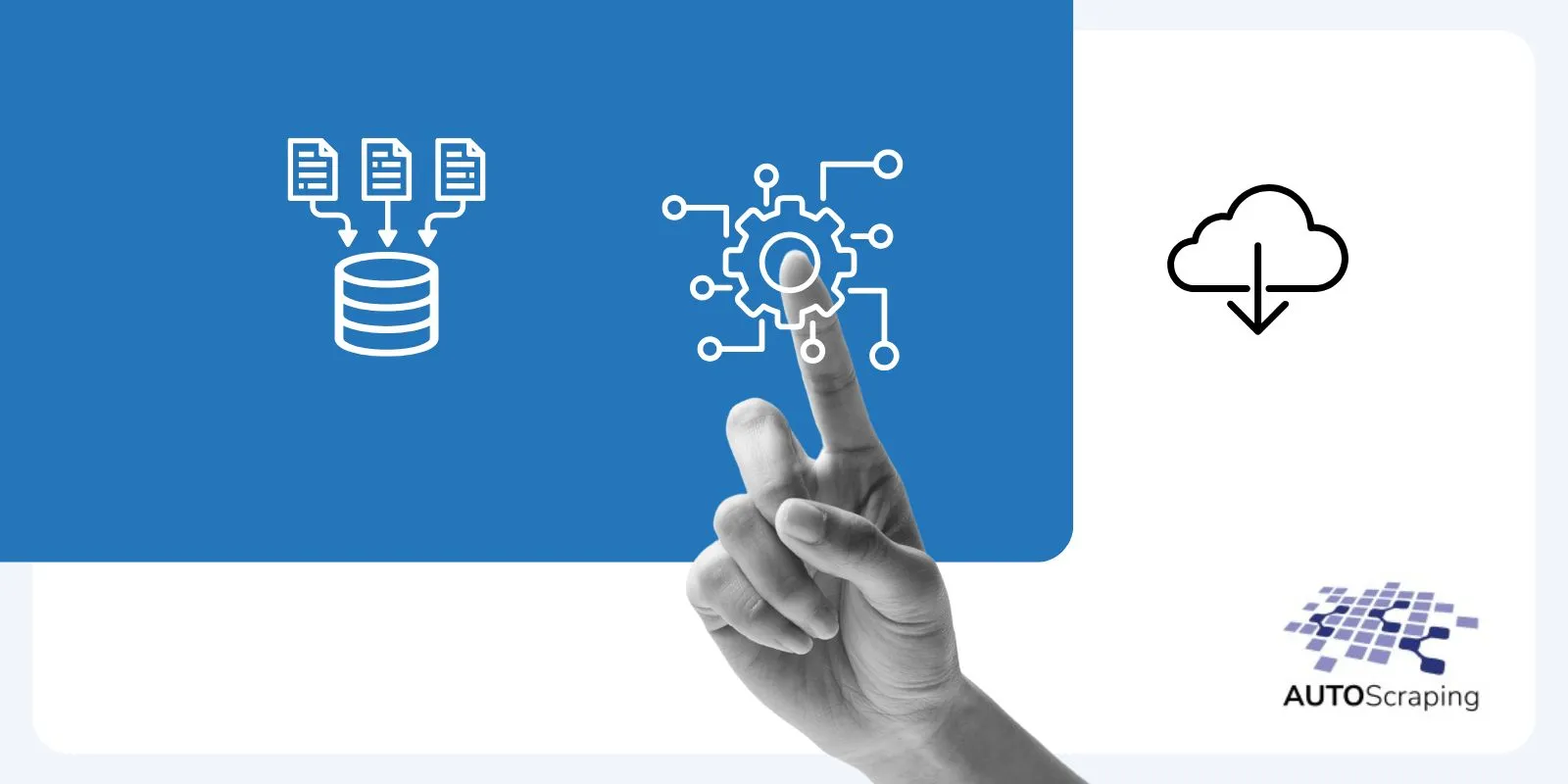

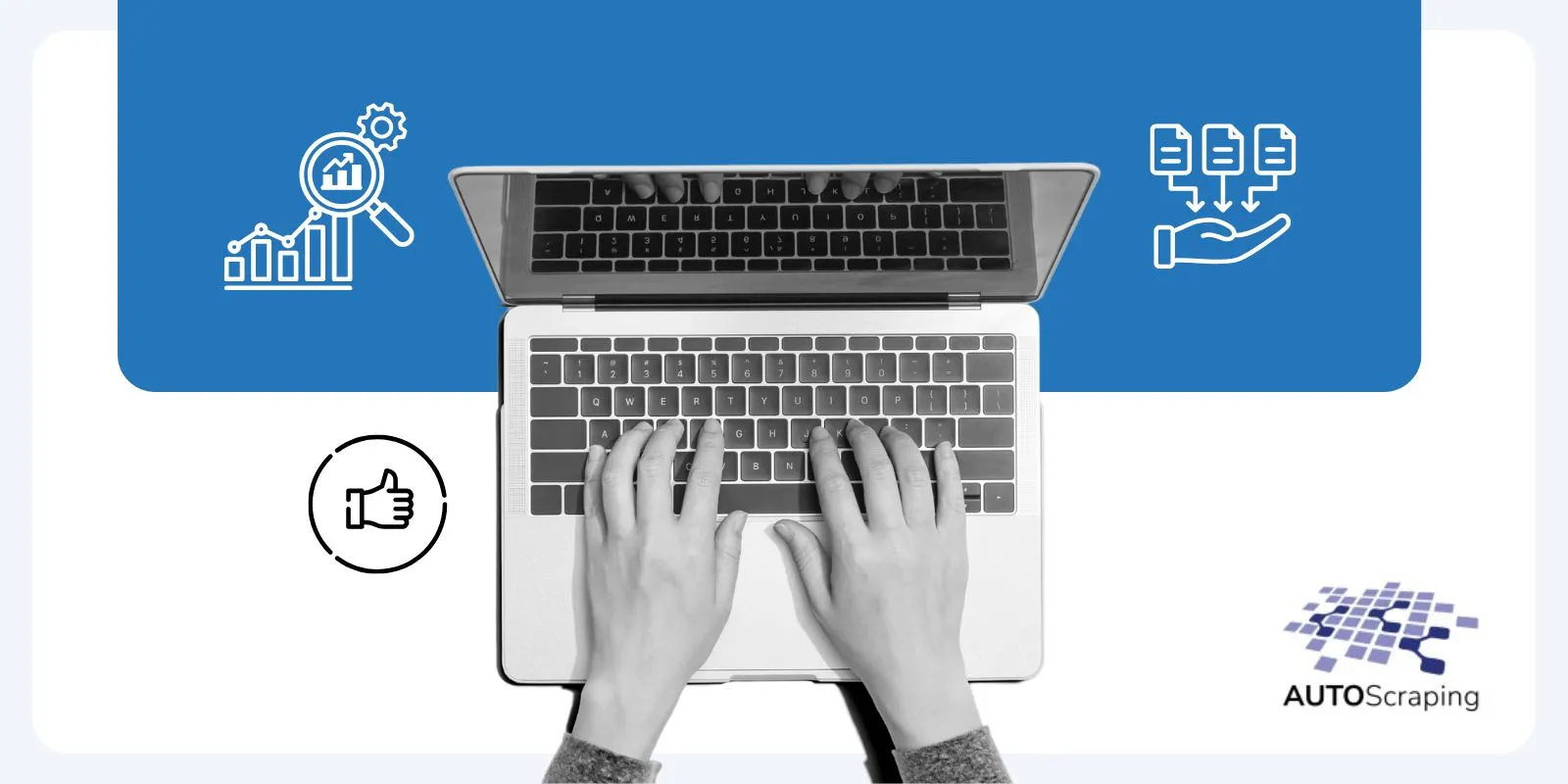
Un comentario
I think giving the opportunity of deliver a sample data always is a win project.